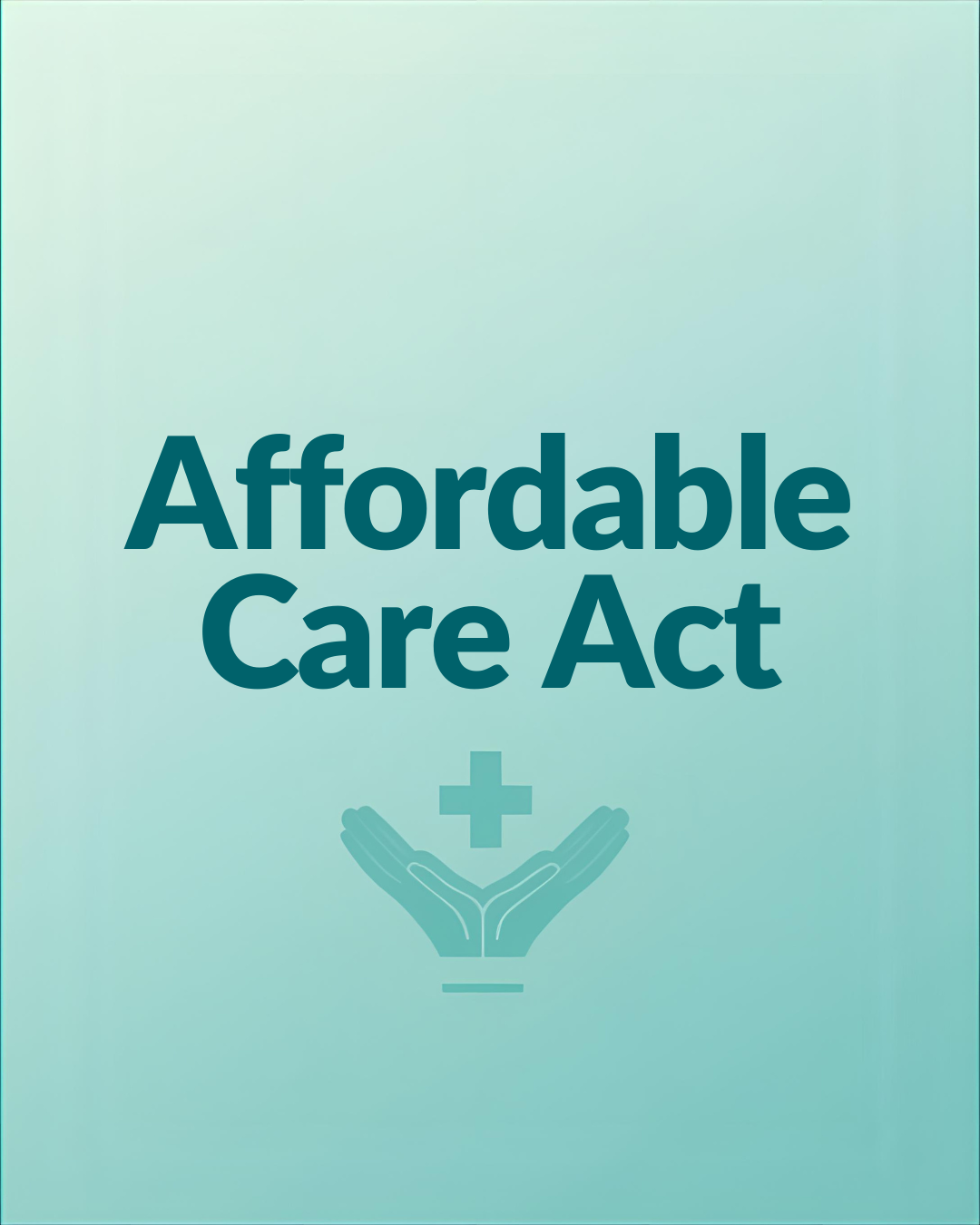How to Build Collaborative Relationships for More Effective Hospice and Home Health Marketing
As hospice and home health providers know, outreach to prospective patients and families plays an important role in meeting both the needs of the community and agency goals. Another key ingredient to an effective marketing mix? Strong relationships with referral partners who consistently send patients your way.
A Hospice News summary of a webinar conducted by its sister publication, Home Health Care News, provides key insights related to building these collaborative relationships to boost enrollment and serve patients and families in need: “In addition to traditional methods such as territory management and improving call volume, many are finding that the key to successful marketing is building relationships—with referral organizations, physicians, and ultimately the patients.”
The following provides a snapshot of webinar highlights and expert insights, as reported by Hospice News.
Make Life Easier
With everyone in healthcare swamped with evolving challenges, referral partners are likely to be especially appreciative of agencies who can make life easier for them.
“Become the referral partner that discharge planners love to work with,” said Beryl Dore, administrator and director of nurses with Hope Healthcare & Hospice in the webinar. “You need to differentiate your agency, what makes you better, special or more intriguing to the referral sources.”
Be a Good Listener
Although it would seem that differentiating your agency from competitors would require a focus on touting your wares, the experts say the opposite is true: it’s important to start by listening, instead.
Quincy Martindale, partner and administrator for Affinity Hospice, was another webinar speaker quoted in the Hospice News post: “We should be doing a lot less talking and a lot more listening, and we ought to be asking questions. There’s a strong push these days for needs-based selling. We need to figure out what is important to that referral source and then we need to capitalize on that.”
Embrace Needs-Based (Consultative) Selling
HubSpot defines the needs-based selling Martindale referred to like this: “Needs-based selling makes individual customers’ specific interests the focal point of the sales process.”
Hospice News notes that needs-based selling is sometimes referred to as consultative selling, which HubSpot defines as “a type of needs-based selling established on the development of personal relationships and open dialogue between buyers and sellers. …Consultative selling is an approach that focuses on creating value and trust with a prospect and exploring their needs before offering a solution. The salesperson’s first objective is building a relationship; their second is providing the right product.”
Those dynamics involve taking the time to understand the unique needs of referral partners and potentially putting on a consultant’s hat to help problem-solve difficult situations. Doing so not only builds relationships, but will hopefully help them to see you as a valuable resource they can turn to—and hopefully refer to—again and again.
Follow a few tips
HubSpot offers seven tips to help up your consultative-selling game, and here are snippets from each. Please access the HubSpot post for expanded content and examples.
- Balance questions with insights—so customers won’t “feel like they’re being interrogated.”
- Build knowledge-based trust—which is “the process of building trust from actions that are consistent with words.”
- Keep it conversational and genuine—in a way that shows “you genuinely care about both what you’re selling and who you’re selling it to.”
- Take ownership of the conversation—to ensure customers “understand they’re partnering with someone who can guide them through the complexities of business challenges.”
- Let feedback guide the process—since customers who provide it are “clarifying their needs and indicating what they want to see moving forward.”
- Research customer needs and offer relevant findings—“By researching potential gaps and needs in advance, sellers can identify opportunities to create differentiated value.”
Listen intently—because consultative selling is a customer-centric approach, “meaning priority number one has to be hearing what your prospects have to say.”
Contact us today to find out how we can help level up your healthcare marketing strategy.







 Ad Choices
Ad Choices